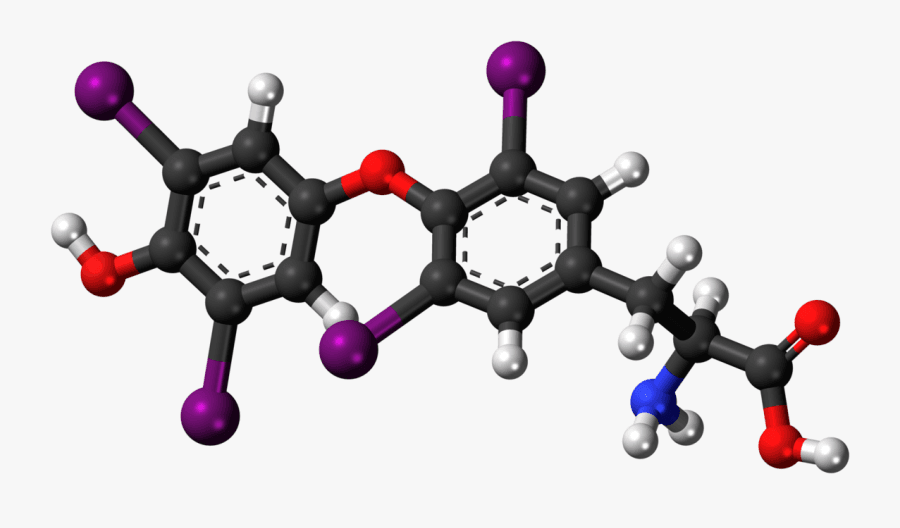Explore the World's Best Ideas
Join today and uncover 100+ curated journeys from 50+ topics. Unlock access to our mobile app with extensive features.
The function of hormones
Hormones regulate various biological activities, for example, growth, development, reproduction, energy use and storage, water and electrolyte balance.
Hormones are molecules that function as chemical messengers in the body's endocrine system. Specific organs and glands produce them, and then they are secreted into the blood and other bodily fluids.
162
1.83K reads
Hormone signalling
While hormones in the blood come in contact with a number of cells, they influence only the cells which have receptors for each specific hormone.
- Endocrine signalling is when the hormones influence specific cells from a distance. For example, the pituitary gland near the brain secretes growth hormones affecting the body all over.
- Paracrine signalling is when hormones influence the neighbouring cells.
- In autocrine signalling, the hormones cause changes within the cell that releases them.
124
646 reads
Types of hormones
Hormones are classified into two main types:
- Peptide hormones (e.g. human growth hormone): These protein hormones are made up of amino acids and are water-soluble. They cannot pass through a cell membrane. They bind to receptors on the cell's surface and cause changes within the cell.
- Steroid hormones (e.g. sex hormones - androgens, estrogens, and progesterone): These hormones are lipid-soluble and can pass through the cell membrane to another cell. Steroid hormones cause specific genes to be expressed or suppressed by influencing gene transcription in a cell.
121
562 reads
Hormone regulation
Hormones are regulated by other hormones, glands and organs, and by a negative feedback mechanism.
- Tropic hormones regulate the release of other hormones. The anterior pituitary in the brain, the hypothalamus, and the thyroid gland secrete tropic hormones.
- Organs and glands help hormonal regulation by monitoring blood content. E.g. the pancreas will secrete the hormone glucagon if glucose levels are too low and insulin if glucose levels are too high.
- In negative feedback regulation, the initial stimulus is reduced by the response it provokes. E.g. the regulation of red blood cell production.
119
506 reads
IDEAS CURATED BY
Laila 's ideas are part of this journey:
Learn more about scienceandnature with this collection
How to make sustainable choices in everyday life
Identifying ways to reduce waste and conserve resources
Understanding the impact of human actions on the environment
Related collections
Similar ideas
3 ideas
The Bittersweet Truth of Sweet and Bitter Taste Receptors
sitn.hms.harvard.edu
5 ideas
Serotonin And The Other Happy Hormones In Your Body
atlasbiomed.com
2 ideas
Hypersensitivity Reactions - Types - T cell - TeachMePhysiology
teachmephysiology.com
Read & Learn
20x Faster
without
deepstash
with
deepstash
with
deepstash
Personalized microlearning
—
100+ Learning Journeys
—
Access to 200,000+ ideas
—
Access to the mobile app
—
Unlimited idea saving
—
—
Unlimited history
—
—
Unlimited listening to ideas
—
—
Downloading & offline access
—
—
Supercharge your mind with one idea per day
Enter your email and spend 1 minute every day to learn something new.
I agree to receive email updates

